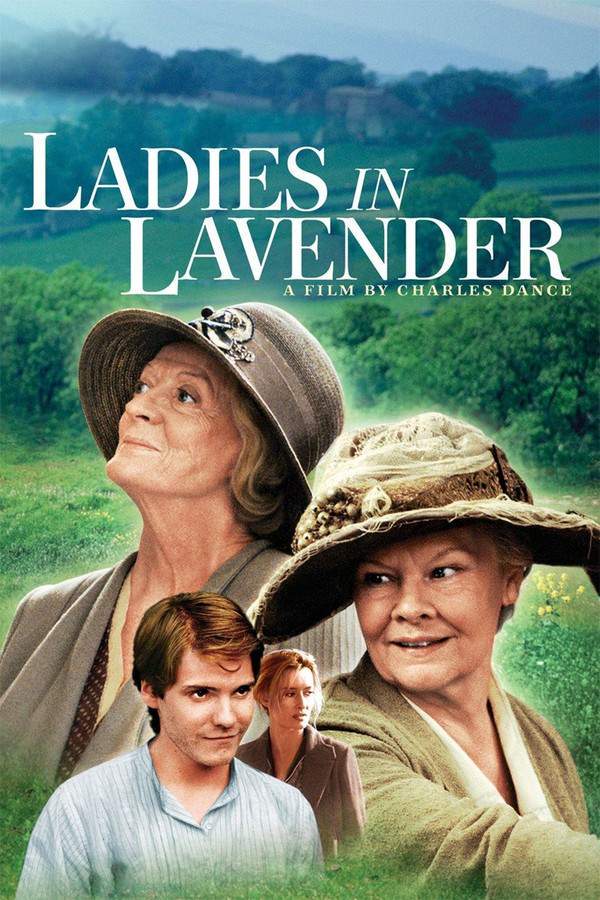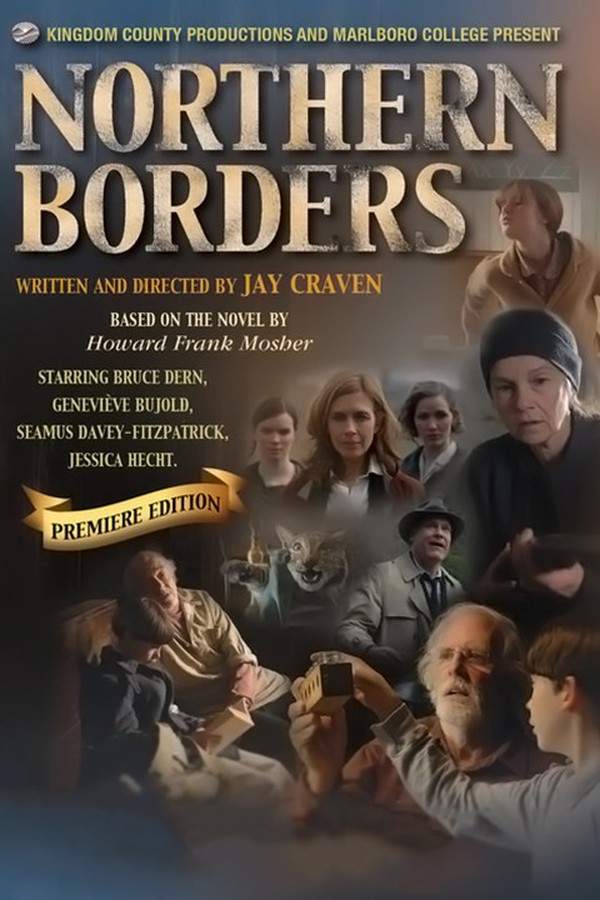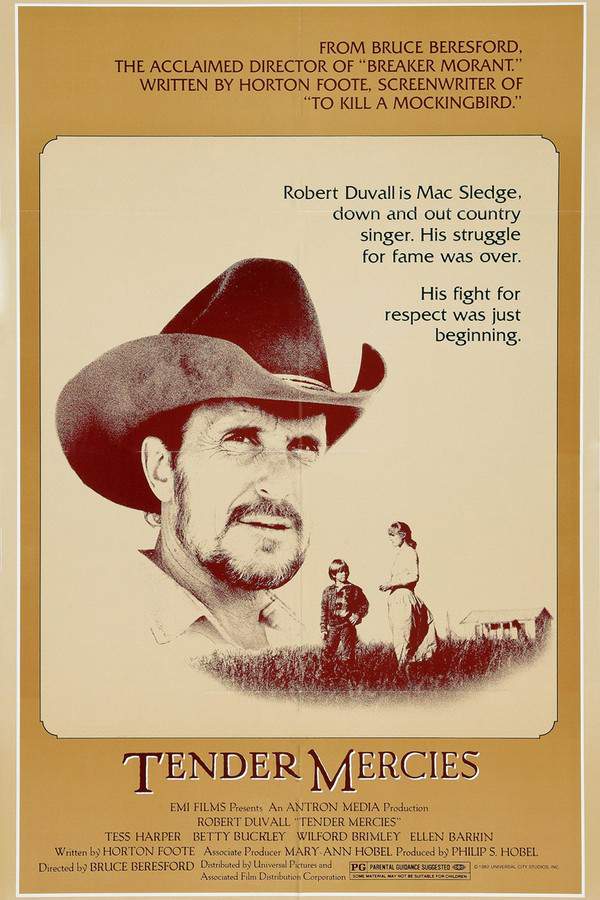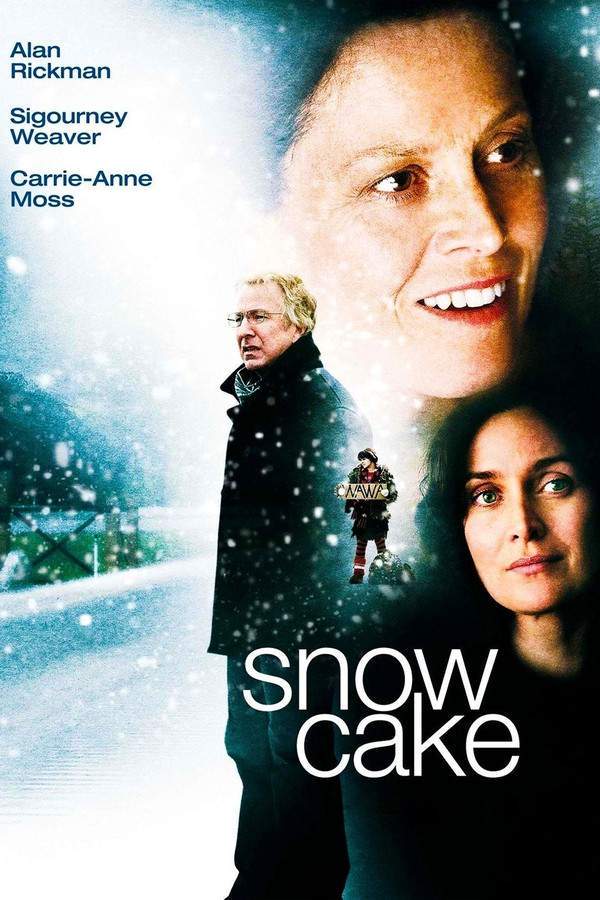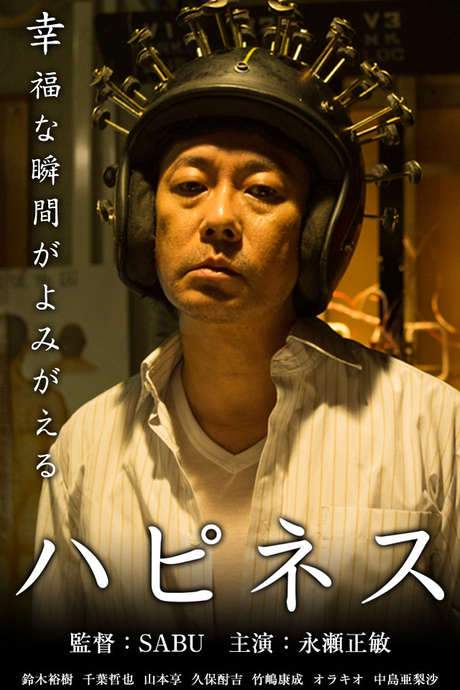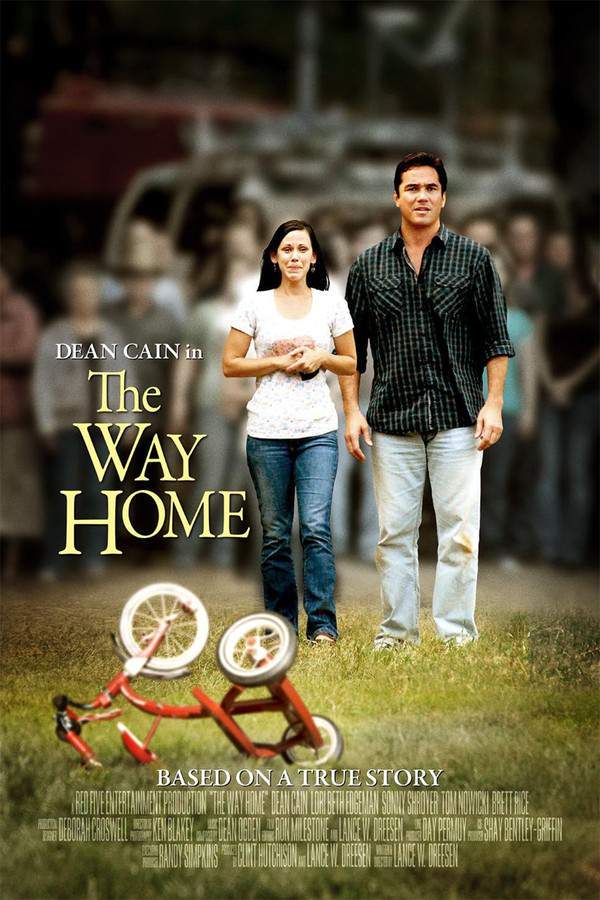
The Way Home
Year: 2002
Runtime: 80 min
Language: English
Director: Jeong-hyang Lee
A close-knit rural community rallies to help a family searching for their lost two-year-old son. As the desperate search continues, long-held secrets surface, challenging the bonds of the community and testing the resilience of the family facing unimaginable heartbreak. The unfolding events reveal the true strength found in human connection amidst overwhelming uncertainty and the profound impact of loss.
Warning: spoilers below!
Haven’t seen The Way Home yet? This summary contains major spoilers. Bookmark the page, watch the movie, and come back for the full breakdown. If you're ready, scroll on and relive the story!
The Way Home (2002) – Full Plot Summary & Ending Explained
Read the complete plot breakdown of The Way Home (2002), including all key story events, major twists, and the ending explained in detail. Discover what really happened—and what it all means.
The narrative unfolds on a bright summer morning, as Sang-woo (Seung-ho Yu) and his mother embark on a bus journey to the countryside. From the outset, it’s apparent that the unsophisticated demeanor of the rural passengers annoys the seven-year-old city boy. His mother is taking him to stay with his 78-year-old grandmother, Grandmother (Eul-boon Kim), who, despite being mute, is not deaf. This visit occurs while she seeks new employment after being abandoned by her husband and her failed business venture in Seoul. Their arrival is marked by a desolate bus stop in a quaint Korean village.
As Sang-woo arrives with junk food and toys, he shows no inclination to respect his mute grandmother, especially when discovering her home lacks basic amenities like electricity and running water. His mother apologizes for leaving him, assuring her own mother that the separation will be short-lived before she departs on the next bus. Left alone, Sang-woo dismisses his grandmother, refusing to even acknowledge her presence and derogatorily calling her a byungshin or “retard.”
The following morning, the grandmother begins her daily routine by fetching clean water and washing clothes in the river while caring for her melons to sell at the farmer’s market. Among her neighbors is a diligent country boy who makes attempts to befriend Sang-woo, who ultimately declines until a later reconciliation occurs. Additionally, there’s a young girl who captures Sang-woo’s affections, yet he soon discovers she is more intrigued by the country boy.
Living a humble and simple life, the grandmother shows deep care for her elderly friends. After some time spent playing, Sang-woo’s Game Boy runs out of batteries. In an act of selfishness, he seeks money for new batteries from his grandmother, only to find she has none. In his intolerance, he teases her and even resorts to throwing away her shoes, breaking her chamber pot, and defacing her home with graffiti.
Frustrated by her lack of funds, Sang-woo resorts to stealing his grandmother’s ornamental hairpin to trade for batteries. After a misguided attempt to barter at a shop, he finds himself receiving a painful smack on the head from a shop keeper—who turns out to be an acquaintance of his grandmother—and is sent home empty-handed.
One day, hungry for Kentucky Fried Chicken, Sang-woo expresses his wish in vague terms. Misunderstanding, the grandmother interprets his request as merely wanting “chicken.” Determined, she goes to market under the pouring rain to buy a live chicken, only to return with a homemade boiled chicken instead of the desired fried one. Furious, Sang-woo tosses the meal aside but later succumbs to hunger and finishes it late that night. The next day, when his grandmother falls ill, he tenderly serves her the remaining chicken while taking care of her.
Despite the challenges faced by his grandmother, who suffers from osteoporosis, her reliance on Sang-woo is mostly limited to needing help threading sewing needles. She works diligently, stitching shoes and sharing her meager earnings with a friend who expresses a desire to see her again before it’s too late. Throughout this time, Sang-woo wrestles with feelings of anger and confusion in this unfamiliar setting, continually rebuffing her loving gestures.
However, the grandmother’s unconditional love begins to break down Sang-woo’s defenses. One fateful day, he wakes early and accompanies her to the market, witnessing the relentless effort she puts into selling her vegetables. After a long day, she lovingly purchases noodles and shoes he had longed for. As they prepare to board the bus back home, Sang-woo modestly asks for a Choco Pie.
Visiting a shop owned by a dear friend of the grandmother who suffers from a bad knee, she is gifted several pies in exchange for a melon. Yet, upon her return to the bus, Sang-woo, eager to impress the girl he likes who is also aboard, decides he wants to ride alone. When she tries to insist he take the remaining produce, he stubbornly declines, and the bus departs. Alone, he waits impatiently for his grandmother to return, realizing only then that she had walked back carrying all of her wares.
Over time, Sang-woo gradually grows to love his grandmother. Acknowledging her illiteracy, he creates simple greeting cards to ensure she has something from him. Eventually, when his mother returns, Sang-woo prepares to go back to Seoul. His emotions pour out as the bus pulls away—he rushes to the back window, waving a tearful goodbye. The film concludes with the grandmother continuing her quiet life in their thatched-roof home, now enriched by the heartfelt letters from her grandson.
Last Updated: November 03, 2024 at 14:08
Explore Movie Threads
Discover curated groups of movies connected by mood, themes, and story style. Browse collections built around emotion, atmosphere, and narrative focus to easily find films that match what you feel like watching right now.
Rural Character Dramas like The Way Home
Gentle stories of personal transformation set against the backdrop of pastoral life.Discover movies like The Way Home that explore quiet, heartfelt stories of personal growth set in rural environments. These films share a gentle pace and focus on the subtle, transformative power of human connection within a close-knit community.
Narrative Summary
Stories in this thread typically follow a character's emotional journey from a state of isolation, selfishness, or ignorance to one of empathy, connection, and understanding. The narrative is often linear and character-driven, with the rural setting acting as a catalyst for introspection and change.
Why These Movies?
These films are grouped together for their shared focus on a gentle, low-intensity atmosphere, a straightforward narrative centered on emotional maturation, and a setting where the simplicity of rural life highlights the complexity of human relationships.
Bittersweet Journeys of Emotional Growth like The Way Home
Stories where guarded hearts slowly open through quiet acts of love.If you liked The Way Home's story of a boy's emotional thawing, you'll enjoy these movies about guarded characters who learn to love. These films feature a slow, tender pace and culminate in a poignant, bittersweet sense of connection.
Narrative Summary
The narrative pattern involves a protagonist, initially defined by emotional distance or cruelty, who is gradually softened by the persistent, often silent, love of another character. The conflict is internal and relational, resolved not by grand gestures but by accumulated small moments of care.
Why These Movies?
Movies in this thread share a specific character arc of emotional transformation, a slow, deliberate pacing that allows the change to feel earned, and a bittersweet tone that balances the pain of the journey with the hope of the outcome.
Unlock the Full Story of The Way Home
Don't stop at just watching — explore The Way Home in full detail. From the complete plot summary and scene-by-scene timeline to character breakdowns, thematic analysis, and a deep dive into the ending — every page helps you truly understand what The Way Home is all about. Plus, discover what's next after the movie.
The Way Home Timeline
Track the full timeline of The Way Home with every major event arranged chronologically. Perfect for decoding non-linear storytelling, flashbacks, or parallel narratives with a clear scene-by-scene breakdown.

Characters, Settings & Themes in The Way Home
Discover the characters, locations, and core themes that shape The Way Home. Get insights into symbolic elements, setting significance, and deeper narrative meaning — ideal for thematic analysis and movie breakdowns.

The Way Home Spoiler-Free Summary
Get a quick, spoiler-free overview of The Way Home that covers the main plot points and key details without revealing any major twists or spoilers. Perfect for those who want to know what to expect before diving in.

More About The Way Home
Visit What's After the Movie to explore more about The Way Home: box office results, cast and crew info, production details, post-credit scenes, and external links — all in one place for movie fans and researchers.

Similar Movies to The Way Home
Discover movies like The Way Home that share similar genres, themes, and storytelling elements. Whether you’re drawn to the atmosphere, character arcs, or plot structure, these curated recommendations will help you explore more films you’ll love.
Explore More About Movie The Way Home
The Way Home (2002) Scene-by-Scene Movie Timeline
The Way Home (2002) Movie Characters, Themes & Settings
The Way Home (2002) Spoiler-Free Summary & Key Flow
Movies Like The Way Home – Similar Titles You’ll Enjoy
Farewell, Home Sweet Home (2001) Film Overview & Timeline
The Road Home (2001) Movie Recap & Themes
My Son (2019) Story Summary & Characters
Bring Me Home (2019) Story Summary & Characters
A Long Way Home (2003) Spoiler-Packed Plot Recap
Home Sweet Home (2001) Detailed Story Recap
Way Back Home (2019) Detailed Story Recap
A Long Way Home (1981) Full Summary & Key Details
Way Home (2021) Plot Summary & Ending Explained
A Home from Home (2022) Story Summary & Characters
All the Way Home (1963) Movie Recap & Themes
Going Home (1971) Story Summary & Characters
Way Back Home (1931) Complete Plot Breakdown
The Way We Are (2008) Ending Explained & Film Insights
Missing Home (2022) Ending Explained & Film Insights



